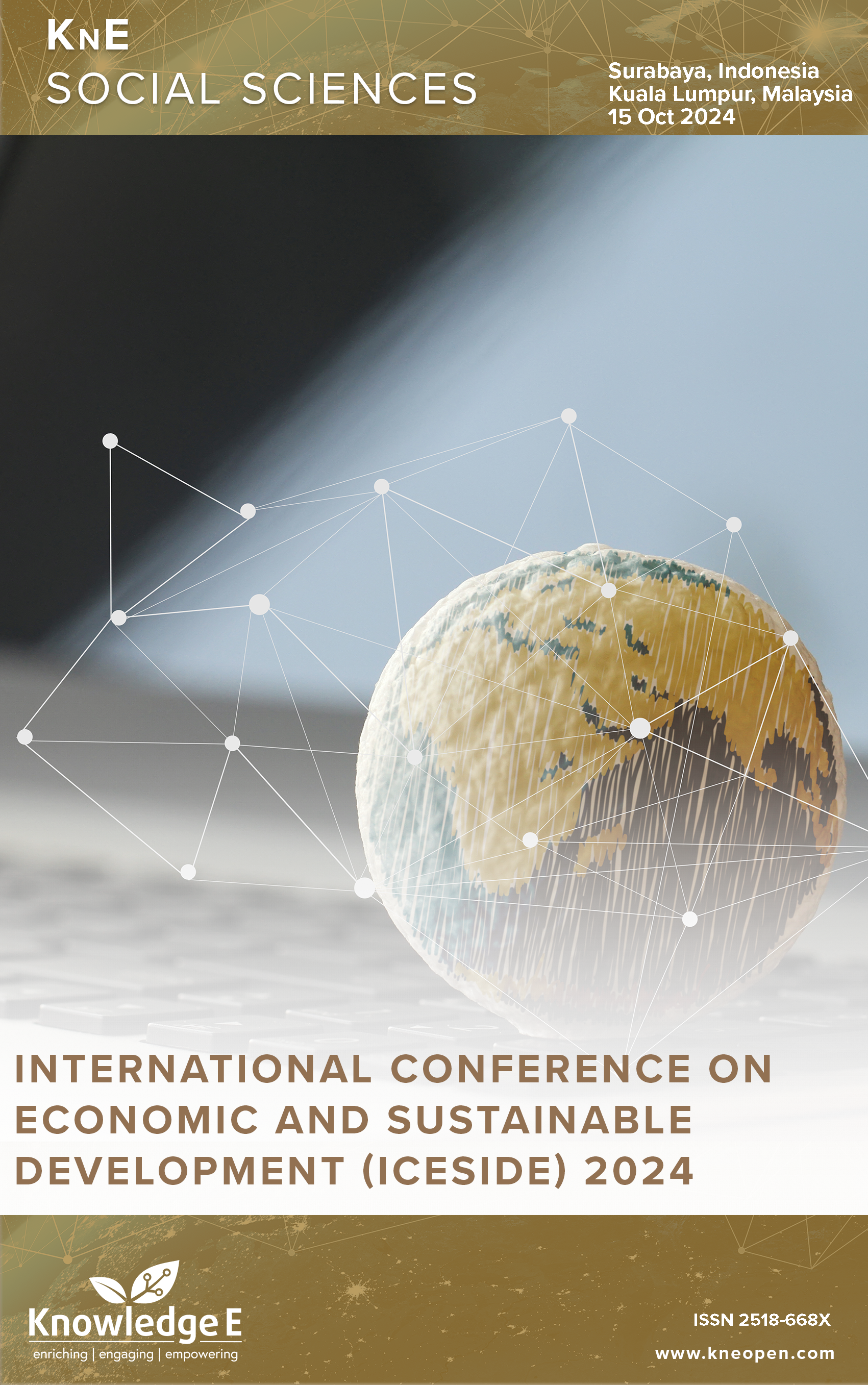The Role of Institutions in the Economic Development of East Asian Countries
DOI:
https://doi.org/10.18502/kss.v10i5.18121Keywords:
institutions, economic development, East AsiaAbstract
This paper discusses the role of institutions in East Asian economic development. In the economic development of East Asia, institutional factors have a significant role and are different from economic development models in other countries. The concept of new institutional economics (NIE) provides a theoretical basis for understanding the success of economic development in the region. Several authors such as Ranis, Chang, and Haggard have examined the role of institutions in East Asia’s economic development. In addition, East Asia’s economic development experience has historically also had relevance in formulating development strategies in developing countries. This paper aims to identify the institutional factors that determine the success of economic development in East Asia and provide strategic inputs for economic development policies in developing countries.
References
Ranis G. The Role Institutions in Transtition Growth: The East Asian Newly Industrializing Countries. World Dev. 1989;17(9):1443–53. DOI: https://doi.org/10.1016/0305-750X(89)90085-5
Chang HJ. Institutional Structure and Economic Performance: Some Theoretical and Policy Lesson from the Experince of Republic of Korea. Asia-Pac Dev J. 1997;4(1).
Chang HJ. The Role of Institutions in Asian Development. Asian Dev Rev. 1998;16(2):64–95. DOI: https://doi.org/10.1142/S0116110598000086
Haggrad S. Instititions and Growth in East Asia. Stud Comp Int Dev. 2004;38(4):53–81. DOI: https://doi.org/10.1007/BF02686328

